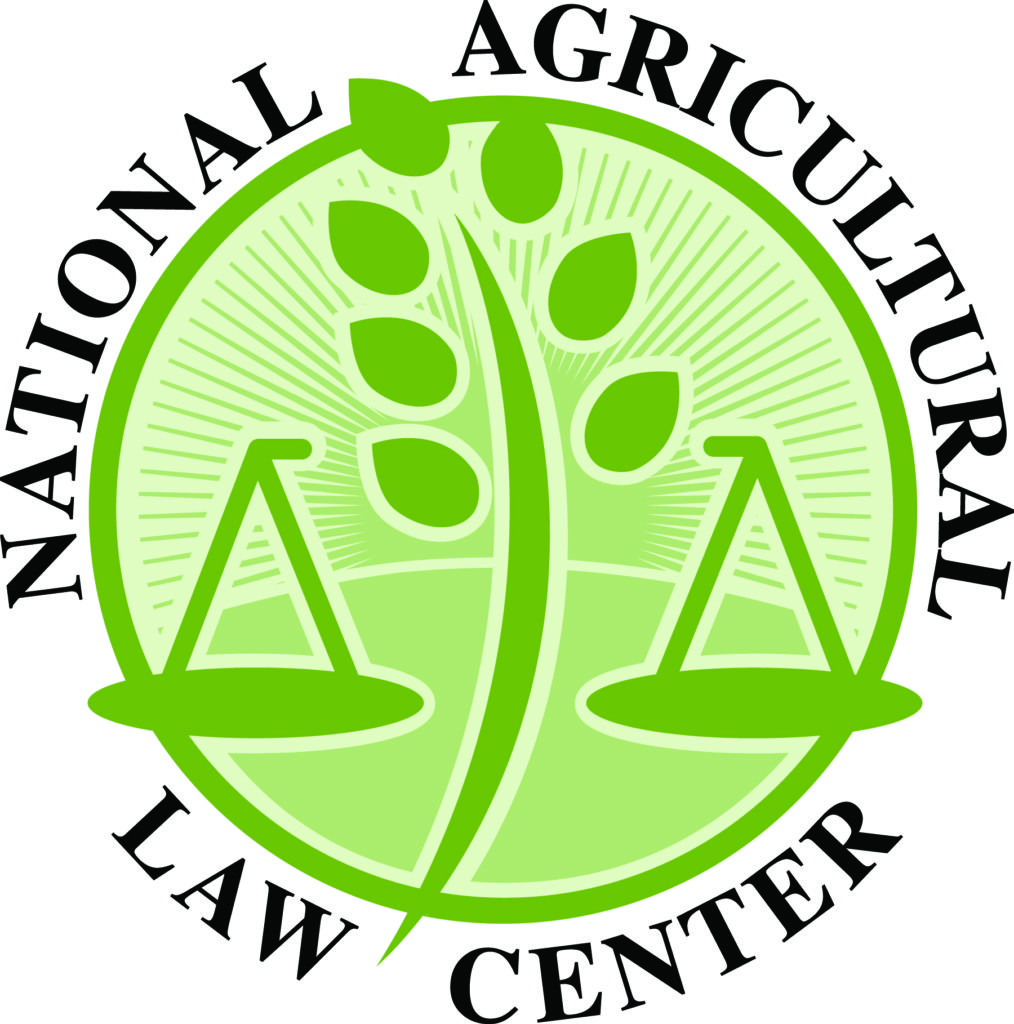JUDICIAL:
UNITED STATES OF AMERICA, Plaintiff, v. ROGER J. LAPANT, JR., et al., Defendants. Additional Party Names: Farmland Mgmt. Servs., Goose Pond Ag., Inc., J&J Farms, No. 2:16-CV-01498-KJM-DB, 2019 WL 2355612 (E.D. Cal. June 4, 2019)
The United States’ unopposed motion to enter its consent decree with defendants Goose Pond Ag., Inc. (Goose Pond) and Farmland Management Services (Farmland) is before the court. Mot., ECF No. 88; Prop. C.D. The public comment period for the proposed consent decree expired on October 17, 2018 and no public comments were received. ). The court held this motion in abeyance while resolving a challenge to its jurisdiction raised by other defendants. See ECF No. 59. With that challenge resolved, and as explained below, the court GRANTS the motion.
The United States filed this action against defendants Roger J. LaPant, Jr., J&J Farms, Goose Pond, and Farmland, alleging the defendants violated and continue to violate Clean Water Act (CWA) section 301(a), 33 U.S.C. § 1311(a). The alleged CWA violations occurred on approximately 1,505 acres of real property in rural Tehama County, California, and resulted in the unauthorized discharge of pollutants into waters of the United States.
The United States alleges that beginning in November 2012, Goose Pond and Farmland “operated a slip plow, tractor with tillage implements, road-building machinery, land-leveler, trencher, and/or other earthmoving equipment” in uplands and waters of the United States, affecting “potentially 100 or more acres of waters of the United States.”The United States alleges the equipment “constituted a ‘point source’ ” under 33 U.S.C. § 1362(14) and “resulted in the placement of dredged spoil, biological materials, rock, sand, cellar dirt or other earthen material constituting ‘pollutants’ within the meaning of 33 U.S.C. § 1362(6) into watersof the United States.” The operation allegedly impacted hydrophydic plants, changed the bottom elevation of or replaced portions of waters of the United States with dry land, and “resulted in the ‘discharge of any pollutant’ within the meaning of 33 U.S.C. § 1311(a).”. The discharge of pollutants was not authorized by a CWA section 404 permit, and after operation of the equipment ceased, defendants allowed the discharged pollutants to remain in waters of the United States.The United States seeks injunctive relief and civil penalties. Id. at 18 (request for relief).
Having carefully considered the consent decree, the court finds it is fair, reasonable and consistent with statutory purposes. The parties reached this settlement after more than two years of litigation. The United States represents that settlement followed arms-length negotiations conducted by experienced counsel aware of the strengths and weaknesses of their respective cases. Mot. at 6. Further, the proposed consent decree would achieve significant goals of the Clean Water Act, permanently protecting from disturbance “the Conservation Reserve[, which] contains between 75 and 139 acres of waters of the United States,” remediating damage caused by unauthorized discharges, implementing a long tern pre-clearance injunction, requiring off-site compensatory mitigation and recouping a significant civil penalty. The unopposed motion to enter the consent decree is granted.
IN RE: ROBERT L. DAWSON FARMS, LLC DEBTOR ROBERT L. DAWSON FARMS, LLC PLAINTIFF v. MEHERRIN AGRICULTURAL & CHEMICAL COMPANY DEFENDANT & THIRD-PARTY PLAINTIFF, No. 18-02433-5-DMW, 2019 WL 2366418 (Bankr. E.D.N.C. May 20, 2019)
his matter comes before the court upon the Motion to Dismiss and Motion for Judgment on the Pleadings (“Rule 12 Motion”) filed by Meherrin Agricultural & Chemical Company (“Defendant”) on February 4, 2019 and the Response filed by Robert L. Dawson Farms, LLC (“Plaintiff”) on March 4, 2019. The court conducted a hearing on March 28, 2019 in Raleigh, North Carolina. Michael R. Spitzer II, Esq. appeared for the Defendant; Matthew W. Buckmiller, Esq., Landon G. Van Winkle, Esq., and Joseph Z. Frost, Esq. appeared for the Plaintiff; and Brian M. Love, Esq. appeared for Drexel Chemical Company (“Drexel”).
This proceeding presents the unique question of whether a debtor which is the surviving entity to a pre-petition corporate merger may avoid as preferential a transfer made by a merged company prior to the merger. After consideration of applicable law and the arguments of counsel, the court concludes that it may not and dismisses the Plaintiff’s two claims for relief related to this issue.
